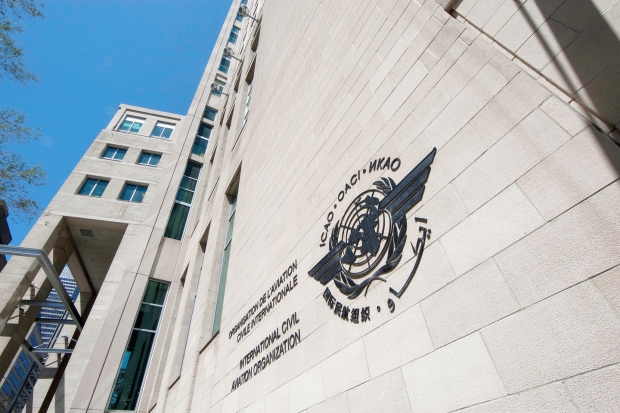The International Civil Aviation Organization (ICAO) will be welcoming students and aviation executives young and old this 3-4 December, when they convene at its Montréal Headquarters for the Second Next Generation of Aviation Professionals (NGAP) Symposium.
The ICAO NGAP initiative is aimed at ensuring that enough qualified and competent aviation professionals are available to operate, manage and maintain the future international air transport system. The issues it presents are key factors to the long-term success of ICAO"™s Global Aviation Safety and Air Navigation Plans, providing invaluable inputs as the UN"™s specialized aviation agency responds to recent projections that air transport passenger and flight totals will double by 2030.
"International civil aviation"™s greatest priorities over the coming decades virtually all derive from the projected doubling of our network"™s capacity," stressed ICAO Council President, Dr. Olumuyiwa Benard Aliu. "The possibly dramatic shortage of pilots, mechanics and air traffic controllers we will soon be facing, as well as the need to accelerate training and certification for these aviation professionals and the new managers who will need to lead them, are key areas where ICAO"™s leadership and action will be instrumental to the future viability and sustainability of our global network."
With its theme of "Celebrating the Past, Preparing for the Future", and on the occasion of the 70th Anniversary of the Chicago Convention, ICAO"™s Second NGAP Symposium will provide participants with useful opportunities to share information relating to best practices and educational tools. Aviation decision-makers will also explore selection and recruitment processes and important linkages to the development of agreed global competencies for specific international aviation professions.
The Symposium will highlight the need to coordinate more closely around these issues at the regional level, as well as drawing attention to ICAO"™s continuing global efforts to ensure more equalized minimum implementation of civil aviation Standards and capabilities in all of its 191 Member States.



